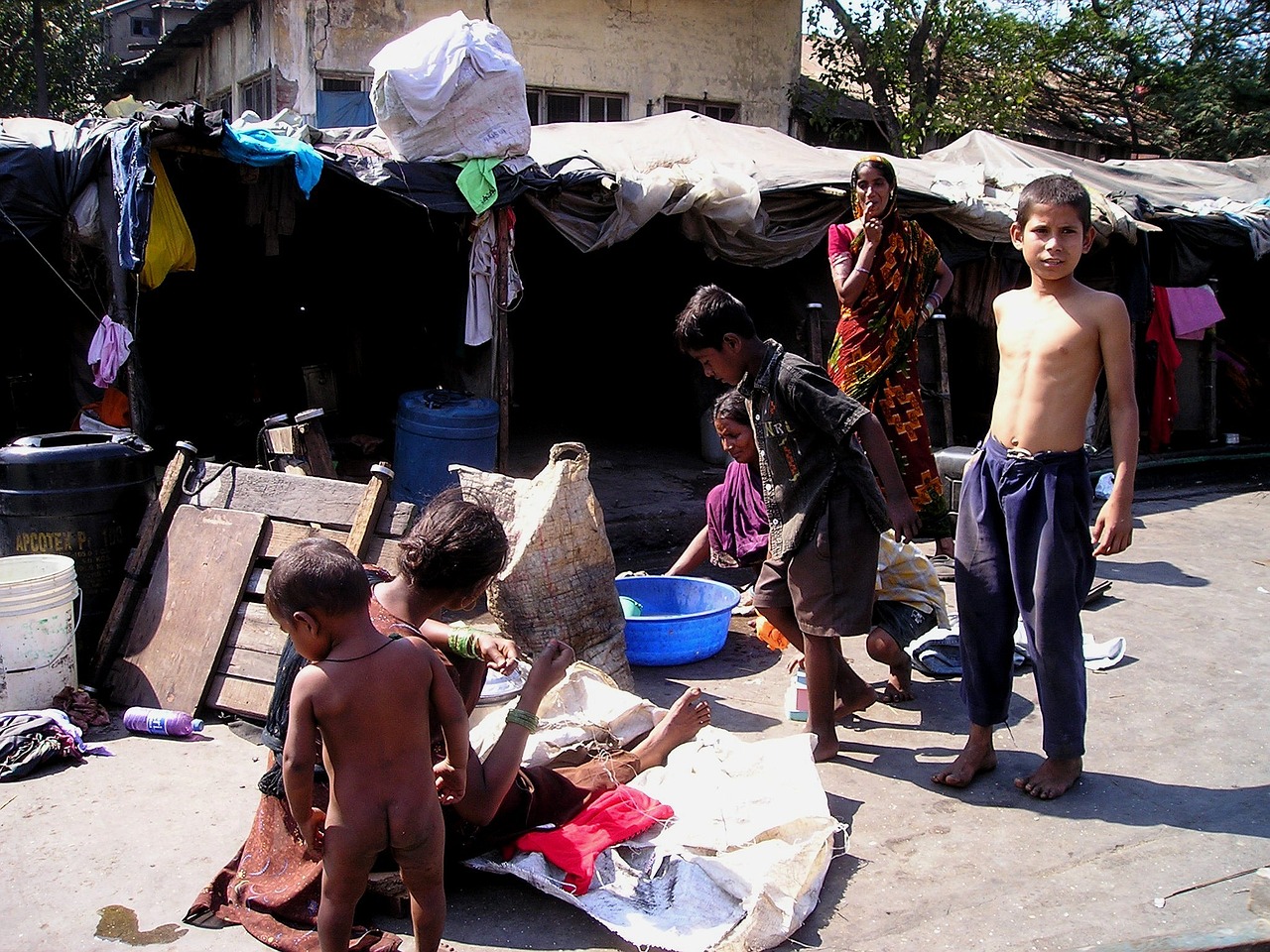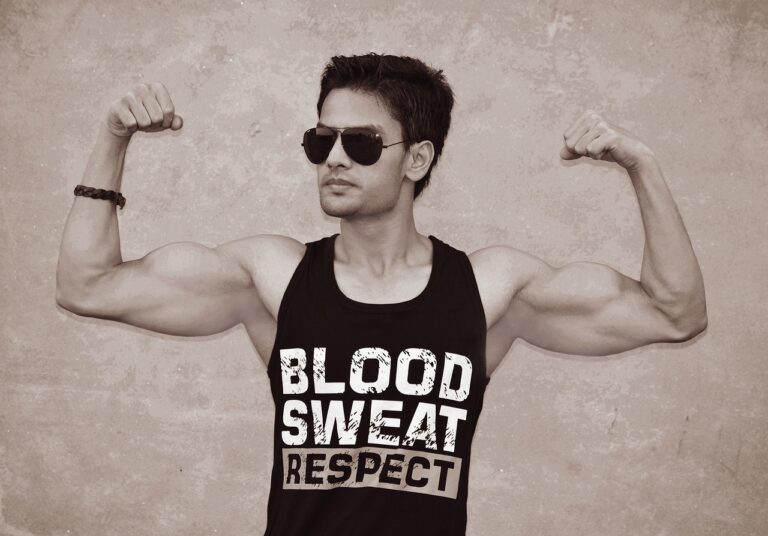The Rise of Online Activism: Social Media’s Influence on Election Campaigns
Social media has undeniably become a dominant force in influencing public opinion in today’s digital age. With millions of users actively engaging with content on platforms like Facebook, Twitter, and Instagram, the reach and impact of social media cannot be overlooked. The instantaneous nature of sharing information online allows news to spread rapidly, shaping the narrative and influencing people’s perceptions on various issues.
Individuals and organizations alike harness the power of social media to amplify their voices and advocate for causes they believe in. Through viral campaigns, hashtags, and trending topics, users are able to mobilize support, raise awareness, and drive conversations that can sway public opinion. The ability to directly connect with a global audience in real-time has transformed how information is disseminated and how ideas are spread, making social media a powerful tool in shaping public discourse.
• Social media has undeniably become a dominant force in influencing public opinion in today’s digital age.
• With millions of users actively engaging with content on platforms like Facebook, Twitter, and Instagram, the reach and impact of social media cannot be overlooked.
• The instantaneous nature of sharing information online allows news to spread rapidly, shaping the narrative and influencing people’s perceptions on various issues.
• Individuals and organizations alike harness the power of social media to amplify their voices and advocate for causes they believe in.
• Through viral campaigns, hashtags, and trending topics, users are able to mobilize support, raise awareness, and drive conversations that can sway public opinion.
• The ability to directly connect with a global audience in real-time has transformed how information is disseminated and how ideas are spread,
making social media a powerful tool in shaping public discourse.
The Role of Online Activism in Political Engagement
The rise of online activism has undeniably played a significant role in shaping political engagement in today’s digital age. With the widespread use of social media platforms, individuals are now able to voice their opinions, raise awareness, and mobilize support for various causes with just a few clicks. This ease of communication and information sharing has enabled activists to reach a larger audience and create meaningful change on a global scale.
Online activism has proven to be a powerful tool for promoting political participation and encouraging civic engagement among the younger generation. By harnessing the power of social media, activists are able to rally support, organize events, and pressure policymakers to address pressing issues. This form of digital advocacy has not only transformed the way individuals interact with politics but has also highlighted the importance of grassroots movements in driving social and political change.
How Social Media Platforms have Revolutionized Election Campaigns
Social media platforms have completely transformed the landscape of election campaigns. Candidates now have direct access to a vast audience, enabling them to communicate their messages instantly and efficiently. Furthermore, the interactive nature of social media allows for real-time engagement with voters, fostering a sense of connection and transparency that was previously unattainable through traditional campaigning methods.
Moreover, social media platforms have democratized the election process by providing a level playing field for candidates of all backgrounds. With relatively low costs and easy accessibility, even marginalized voices can now reach a wide audience and compete with established political figures. This has led to a diversification of perspectives in election campaigns, amplifying the representation of various communities and issues that may have been overlooked in the past.
How has social media changed the landscape of election campaigns?
Social media platforms have revolutionized election campaigns by providing politicians with a direct way to connect with voters, share their message, and rally support online.
Can social media influence public opinion during an election?
Yes, social media has the power to shape public opinion by amplifying candidates’ messages, spreading information quickly, and allowing for real-time engagement with voters.
What role does online activism play in political engagement?
Online activism on social media platforms allows individuals to raise awareness about important issues, mobilize support for causes, and hold politicians accountable for their actions.
How do politicians utilize social media platforms during election campaigns?
Politicians use social media platforms to engage with voters, share their policy proposals, respond to critics, and showcase their personality in a more authentic way than traditional media allows.







